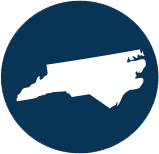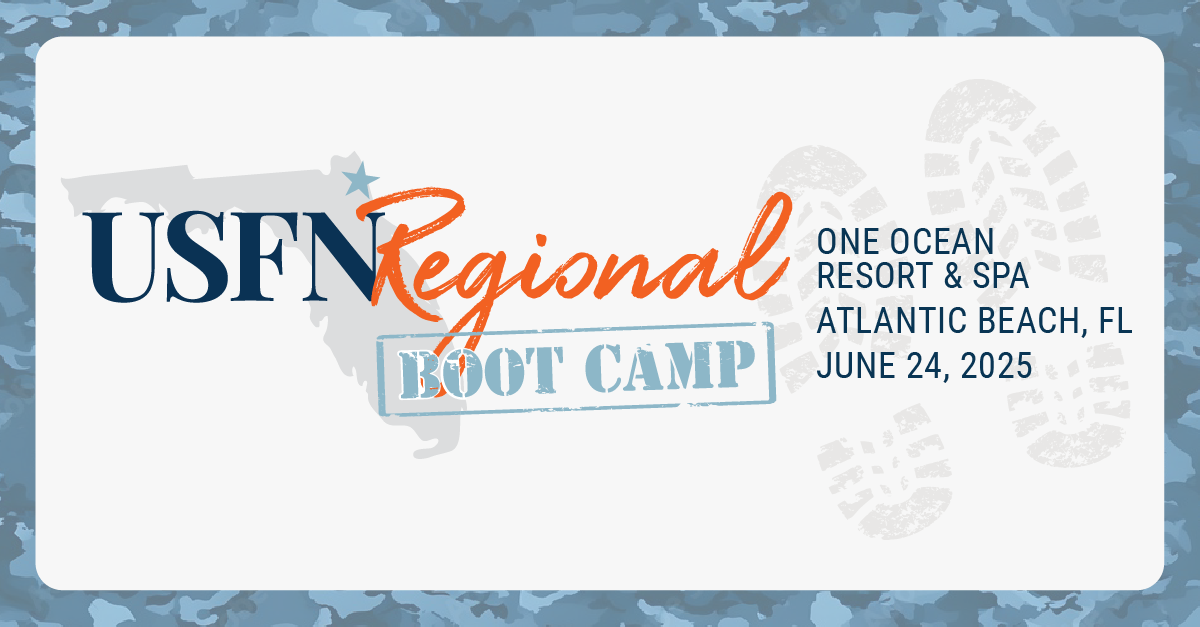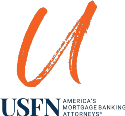You are not currently logged in.
USFN Report: North Carolina Update
Updated: August 13, 2024
BY RYAN SRNIK, ESQ.
BROCK & SCOTT, PLLC∗
USFN MEMBER (CT, NC, RI, AL, FL, GA, KY, ME, MD, MA, MI, NH, NJ, OH, PA, SC, TN, VT, VA)
As published in the Summer 2024 USFN Report
North Carolina General Statute § 45-91: A Small Statute with Big Implications

A seldom mentioned, oft important, unique statute in North Carolina establishes certain noticing procedures for mortgage servicers, regardless of whether the loan is in default or bankruptcy. Originally enacted in 2007, North Carolina General Statute § 45-91 provides, in pertinent part, that any fee incurred by the servicer shall be assessed within 45 days from the date the fee was incurred, and then, within 30 days of assessment, clearly and conspicuously notice the fee to the borrower in a statement at their last known address.
Borrowers who have been injured by a servicer’s noncompliance with N.C. Gen. Stat. § 45-91 may bring an action for recovery of actual damages, including attorneys’ fees. N.C. Gen. Stat. § 45-94. Prior to bringing an action against the servicer, the borrower shall, at least 30 days before instituting the action, notify the servicer of any alleged violations in writing at the address listed for servicer on any correspondence sent to borrower by servicer. Id.
Servicers can avoid liability for a violation of N.C. Gen. Stat. § 45-91 by (1) showing that the violation was not intentional or as a result of bad faith, and (2) within 30 days of being notified of the violations, and before the borrower instituted an action, correct the error and compensate the borrower for fees or charges incurred by the borrower as a result of the violation. N.C. Gen. Stat. § 45-94(1)-(2).
Rarely do courts handle litigation related to N.C. Gen. Stat. §45-91, as N.C. Gen. Stat § 45-94 provides an avenue for a resolution prior to the dispute entering the court’s purview. The lack of litigation can lead to servicers and borrowers unable to ascertain what a “fee” is and leave the parties with conflicting interpretations on whether a servicer has “clearly and conspicuously” noticed the borrower.
One important instance where a Court provided some guidance is In re Paylor. The United States Bankruptcy Court for the Middle District of North Carolina denied the borrower’s objection to the servicer’s post-petition fee notice, holding that the servicer’s force-placed hazard insurance on the property did not constitute a “fee” under N.C. Gen. Stat. § 45-91. In re Paylor, 604 B.R. 222 (M.D.N.C. 2019).
The Court reasoned that in the absence of legislative guidance and state law, the terms of a statute are afforded their natural and ordinary meaning. Id. at 227. Since the requirement to provide hazard insurance is not a cost related to labor or another personal service, the hazard insurance cost was not a “fee” that required the notice N.C. Gen Stat. § 45-91 demands. Id. at 232.
Another example of guidance for servicers and borrowers comes from In re Saeed. The United States Bankruptcy Court for the Middle District of North Carolina determined, in pertinent part, that “explanatory notes contained in the proof of claim neither clearly nor conspicuously explain the fees assessed.” In re Saeed, No. 10-10303, 2010 WL 3745641 (Bankr. M.D.N.C. Sept. 17, 2010). Although the Debtor received notice of the fees from the servicer’s proof of claim, the Court ultimately sustained the borrower’s objection to the servicer’s proof of claim, holding that the failure to mail a statement that clearly and conspicuously explained the fees, did not provide sufficient notice to the borrower. Id. at ∗3.
With minimal guidance and stringent deadlines, servicers should discuss any concerns with counsel to ensure that the servicer is in full compliance with unique state law statutes, such as North Carolina General Statute § 45-91.
TOPICS: Foreclosure, State Statutes
SUBSCRIPTIONS: USFN Report
State Members
Related Resources
General Bankruptcy Info, North Carolina
PUBLICATION: The Source
UPDATED: 04/18/2024
TOPICS: Bankruptcy, Motion for Relief, Proof of Claim
Motion for Relief, North Carolina
PUBLICATION: The Source
UPDATED: 04/18/2024
TOPICS: Bankruptcy, Motion for Relief
Proof of Claim, North Carolina
PUBLICATION: The Source
UPDATED: 04/18/2024
TOPICS: Bankruptcy, Proof of Claim
PUBLICATION: The Source
UPDATED: 04/18/2024
TOPICS: Bankruptcy, Plan Review, Proof of Claim

Introducing USFN's All-New FREE In-Person Training for Servicers!
USFN’s all-new Regional Boot Camp is coming to the Jacksonville area on June 24, bringing top-tier mortgage servicing education straight to your region. This one-day, hands-on servicer training event will help you strengthen your expertise in Foreclosure, Litigation, Bankruptcy, and Post-sale with nationally focused, process-driven sessions built in collaboration with local servicers. Whether you are local to the Florida region, work remotely in the area, or work cross-country and want to travel to attend this free training, be sure to register now to secure your spot today for USFN’s Regional Boot Camp, from 8:30 am to 4:30 pm ET, June 24, 2025, at One Ocean Resort & Spa, Atlantic Beach, FL!
Learn How to Use the all-new USFN Source!
Need help navigating through the resources of the USFN Source? Watch these videos to learn more.
Give us Your Feedback!
Can’t find what you are looking for or have a topic that should be considered for inclusion in The USFN Source? Want to share suggestions for additional resources, or give us your compliments and/or complaints? Let us know.

